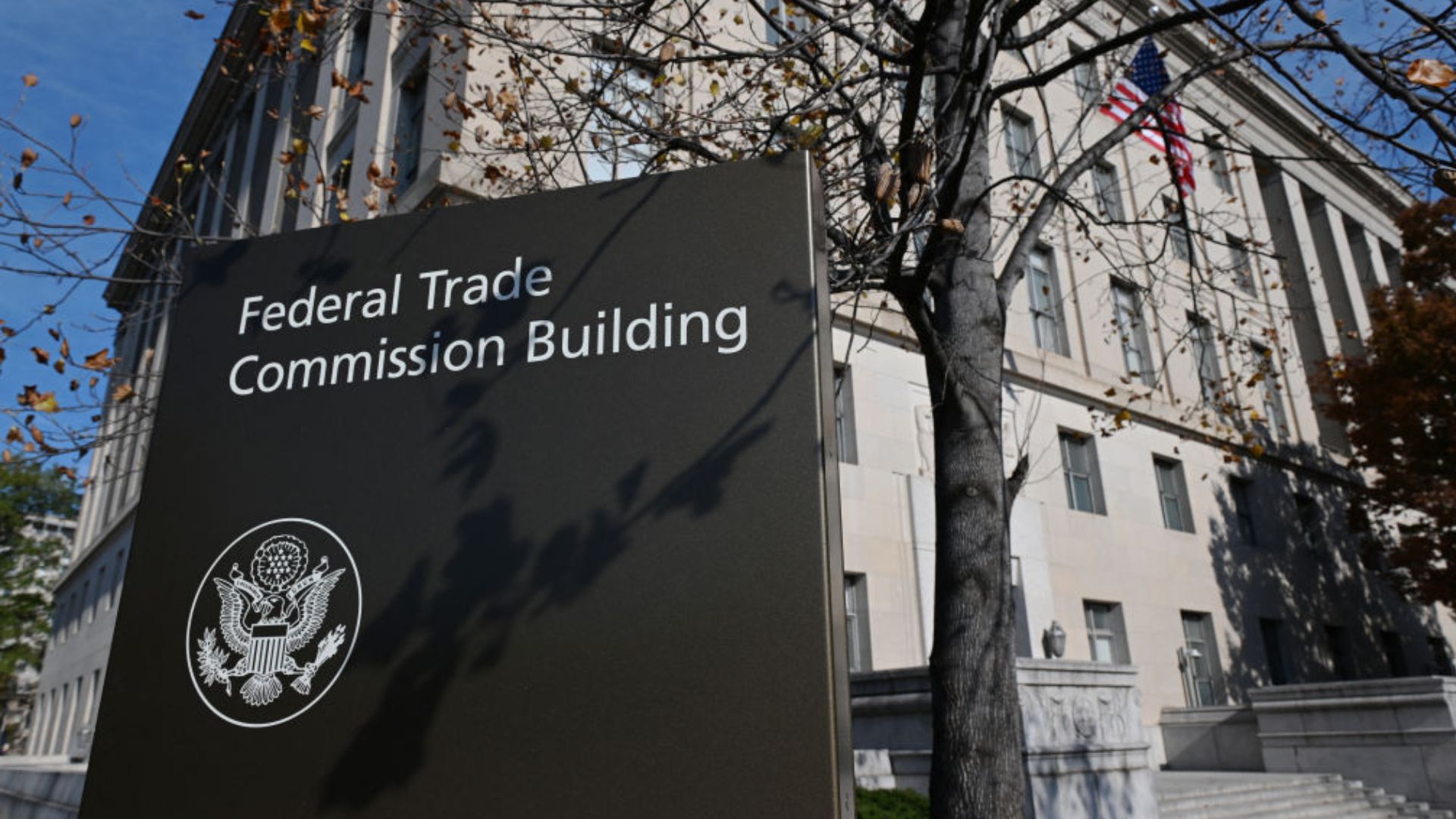The Federal Trade Commission (FTC) has begun outlining its case against Edwards Lifesciences’ proposed purchase of heart implant developer JenaValve after the antitrust agency announced it would move to block the $945 million acquisition this past summer.
In an opening statement presentation (PDF) posted to the FTC’s website, the commission said that if the deal is allowed to continue, Edwards would be left in control of the only two potential transcatheter aortic valve replacement (TAVR) systems designed to stem the backflow of blood through the heart’s chambers.
That would effectively allow the company to pick a winner and discard the other, according to the FTC, and create a monopoly in the indication.
While multiple TAVR valves have been approved by the FDA to treat aortic stenosis—or a narrowing of the valve that impedes the flow of blood—no minimally invasive devices have yet received a green light for aortic regurgitation, where the flaps of the valve form an incomplete seal. More than 8 million people in the U.S. suffer from that condition, and they typically have to undergo open surgery for treatment.
The FTC previously tied Edwards’ plans to acquire JenaValve, first announced in July 2024, to a separate deal that Edwards closed earlier that same week: the $316 million purchase of JC Medical and its J-Valve implant.

The J-Valve and JenaValve’s Trilogy system are both TAVR implants being developed for aortic regurgitation, and they are the only two that have launched pivotal U.S. trials—while JenaValve has already submitted its device for FDA review.
Related
In its opening statement slides for the federal district court in Washington, D.C., dated Nov. 19, the FTC outlined how JenaValve and JC Medical’s—now Edwards’—technologies have not only been in a head-to-head race for FDA approval, but that the two have also competed for clinical study sites and pushed themselves to address the largest possible patient populations in terms of people’s anatomies and surgical risk.
The FTC also highlighted documents it obtained showing JenaValve’s leadership expressing second thoughts about the deal—and that they and their representatives were seemingly unaware of Edwards’ “near-simultaneous” move to acquire JC Medical.
“This is not the transaction we signed on for: we would have negotiated different transaction terms (breakup fee, IP, divestiture) but more than likely no deal,” the FTC quoted from a document involving JenaValve CEO John Kilcoyne.
“Based upon what I read in the FTC report—I don’t trust EW and don’t think I would want to work there anyway,” the commission highlighted in a separate internal email from Kilcoyne.

The FTC also put forward a text message chain between Kilcoyne and Edwards’ corporate vice president, Donald Bobo, with Kilcoyne asking the day after the JenaValve agreement was announced whether the acquisition of JC Medical was “done or pending?”
After hearing the deal was done, Kilcoyne asked Bobo whether the JC Medical deal had to undergo Hart-Scott-Rodino review, which requires premerger notifications and a waiting period. “Nope below the threshold! Intentional,” Bobo texted back, according to the FTC.
The agency also claimed that Edwards has been working to slow down JenaValve’s progress in the time since signing the acquisition agreement.
In an Aug. 7 email from Edwards CEO Bernard Zovighian—sent the day after the FTC challenged the deal—he wrote: “Disappointing … knew it was risky … we did our best … nothing to regret,” and that the company’s next steps should include planning on how to make JC’s valve “the first and best.”
Related
The FTC also reiterated the proposal that Edwards divest its holdings of JC Medical to make way for the deal. In August, the FTC said Edwards “has not been willing to engage” with that idea. At that time, Edwards said it planned to continue seeking a regulatory green light for the transaction, and it estimated a final determination by the end of March next year.
In exchange for JC Medical, Edwards agreed to pay $116 million upfront plus up to $200 million in milestone payments, according to an annual filing (PDF) with the Securities and Exchange Commission.
Meanwhile, JenaValve is continuing to spotlight its Trilogy valve, with a late-breaking study presentation this week at the PCR London Valves conference.
Also published in The Lancet, the Align-AR pivotal trial of 700 high-risk patients with moderate to severe aortic regurgitation showed that Trilogy met its performance goals. Procedures were labeled technical successes in about 95% of patients, while the rate of deaths from any cause was lowered to 7.7% after one year, well below the study’s benchmark of 25%.
